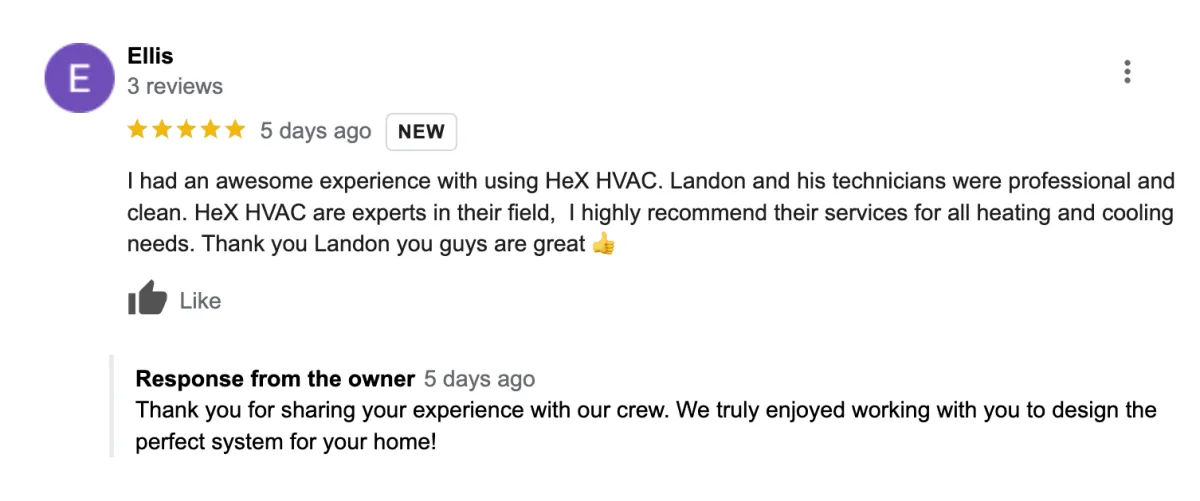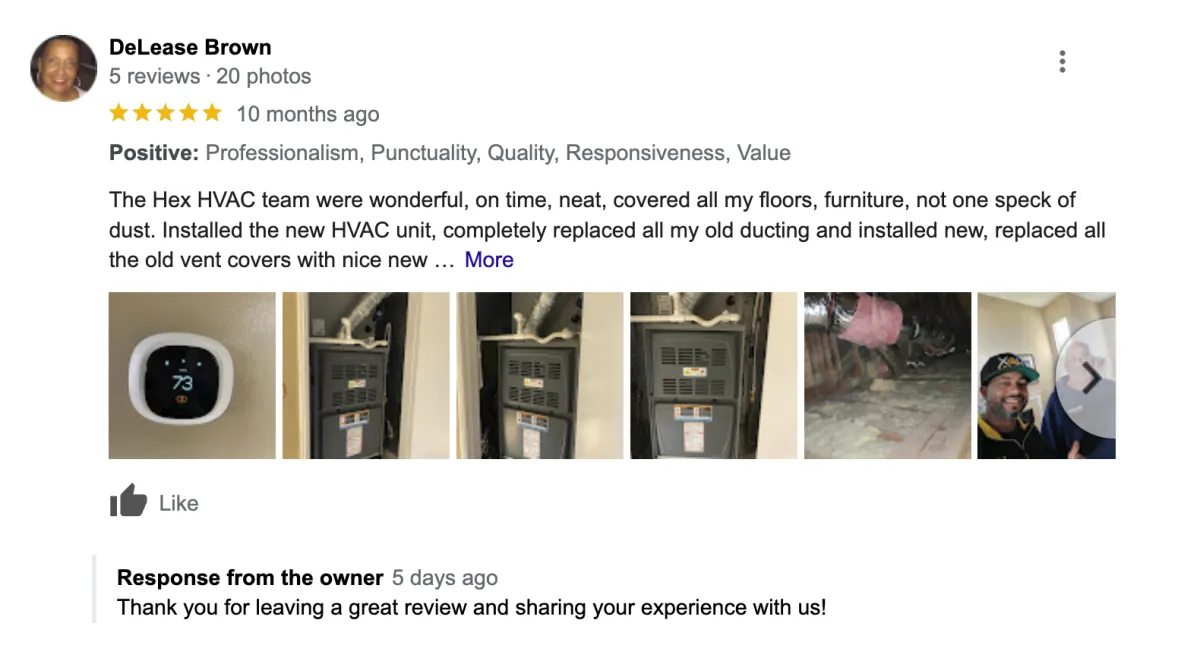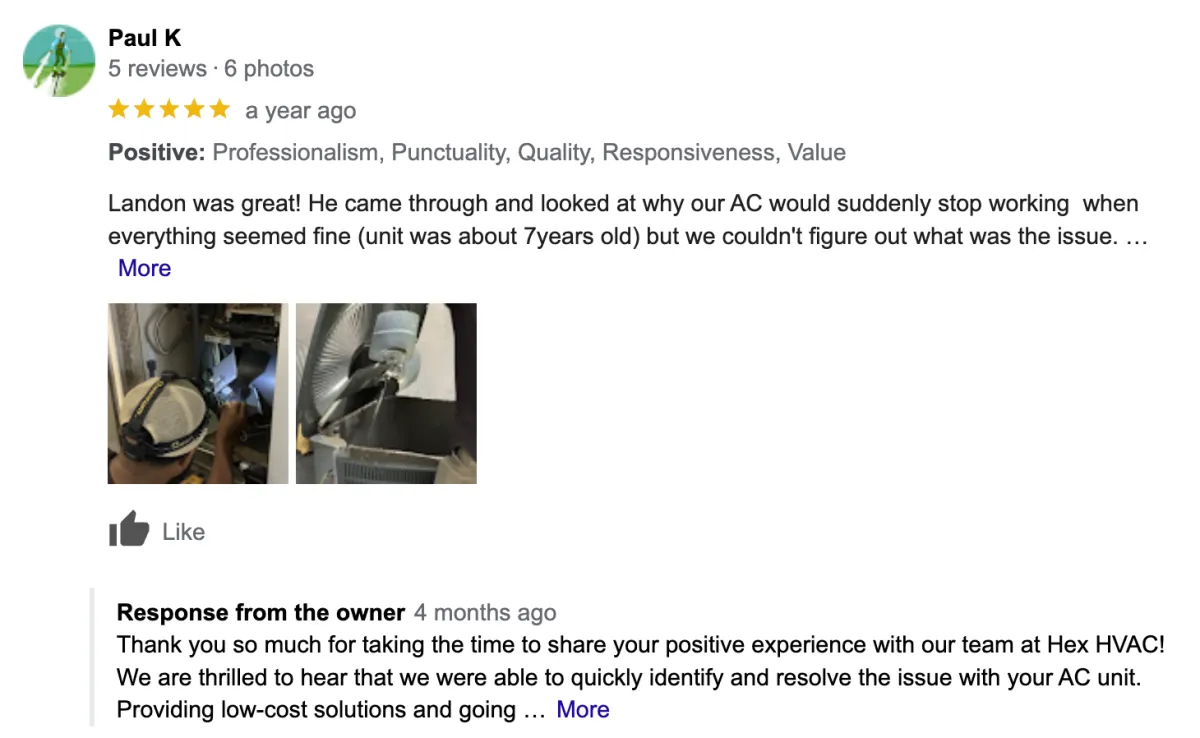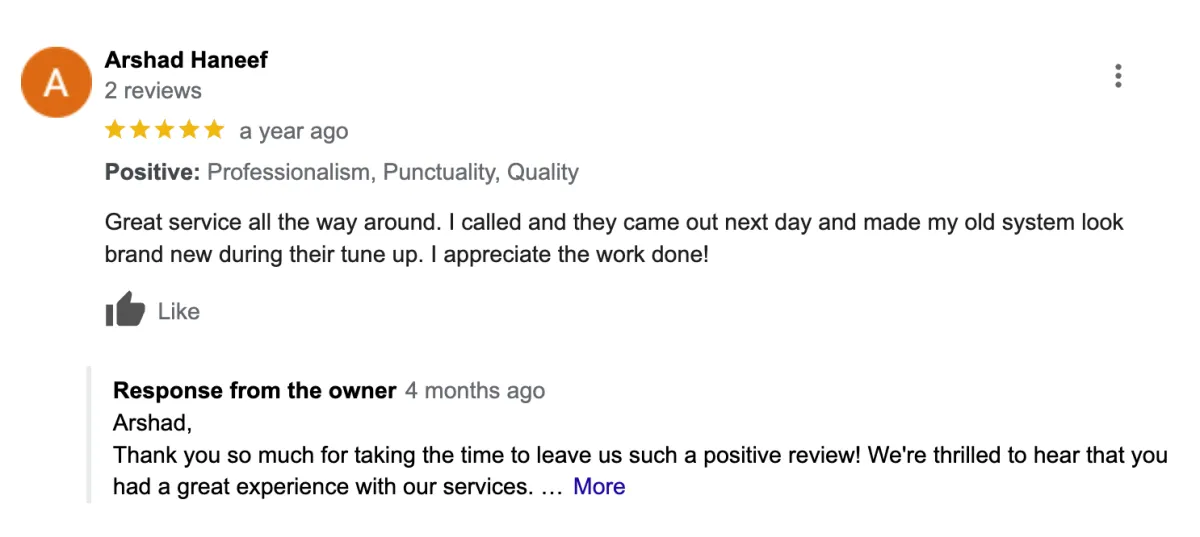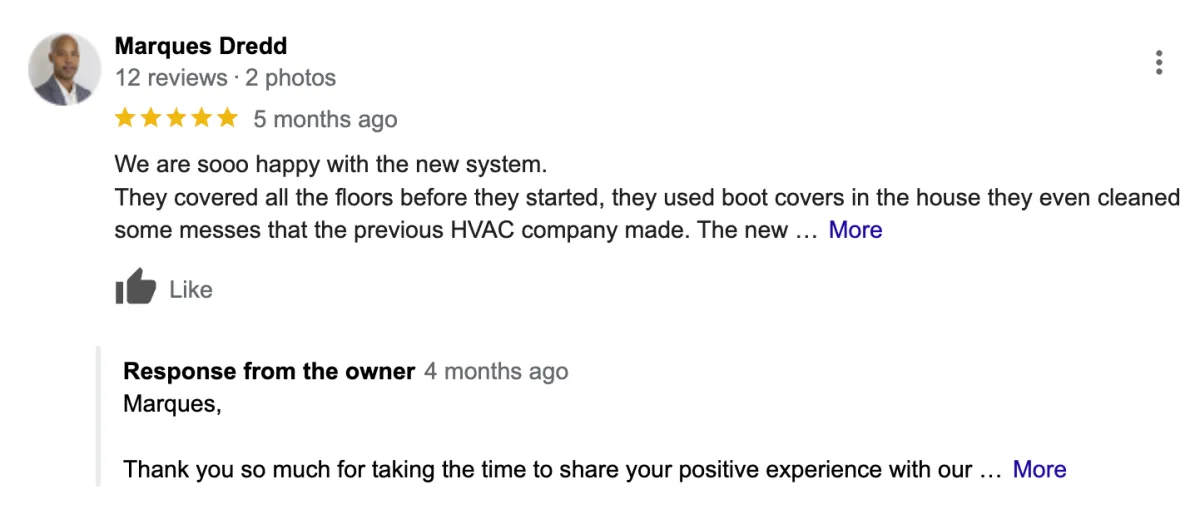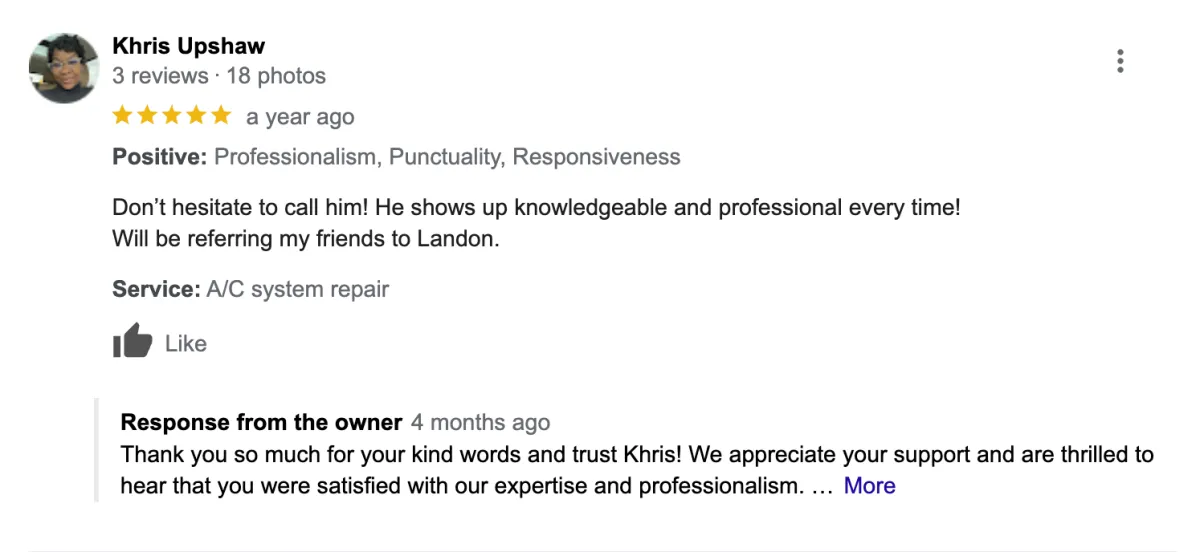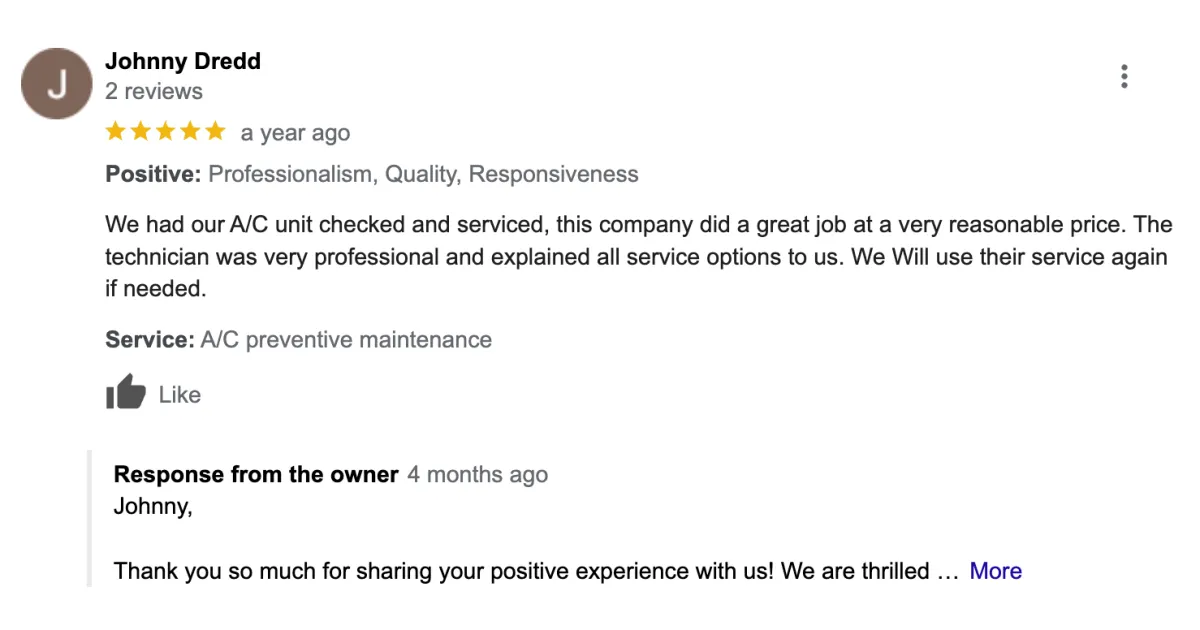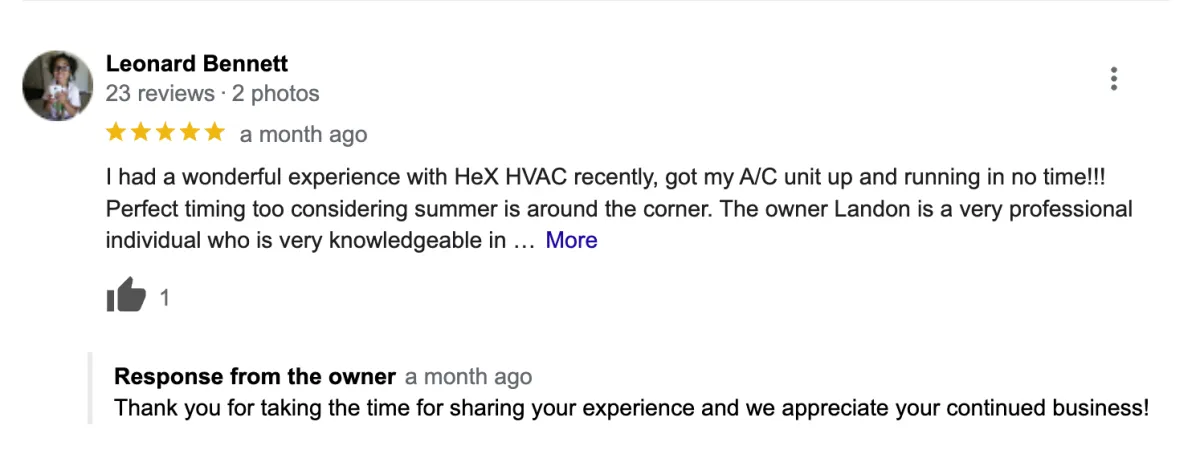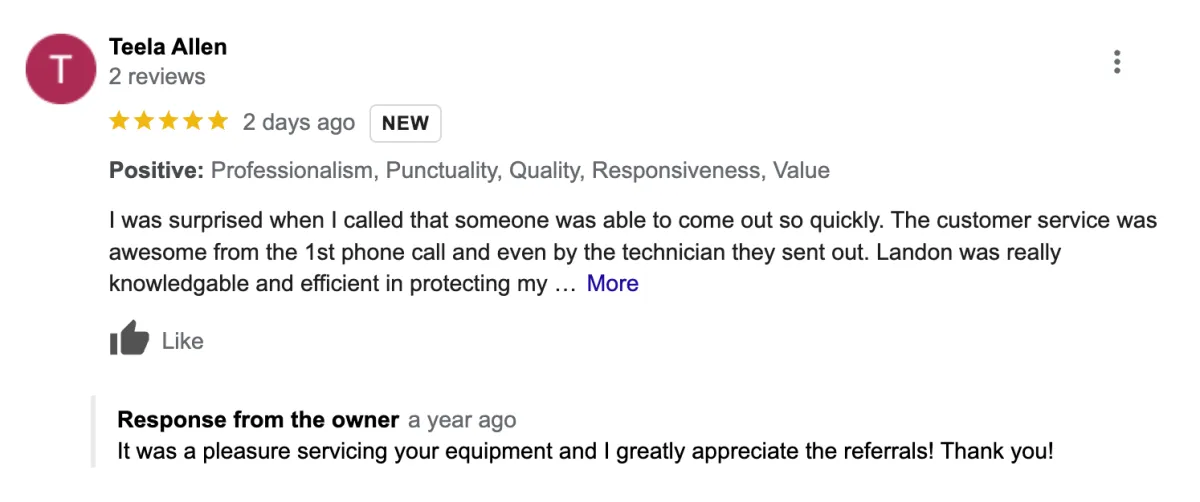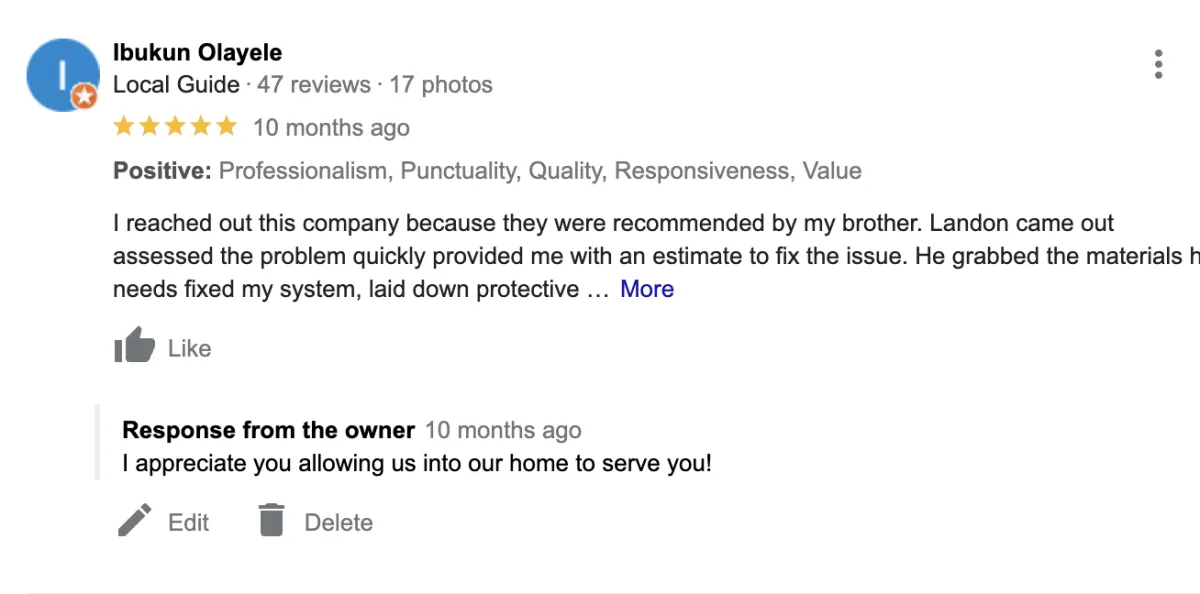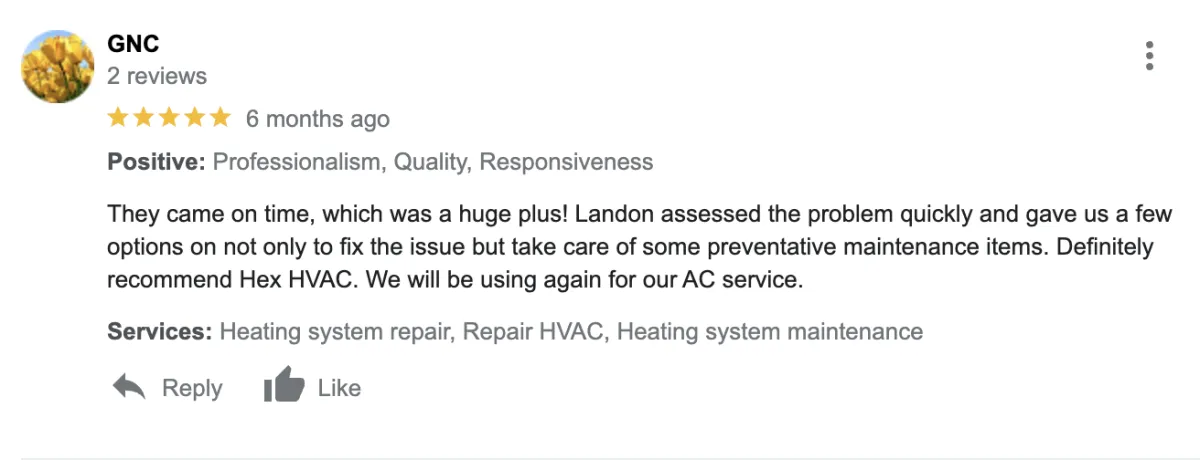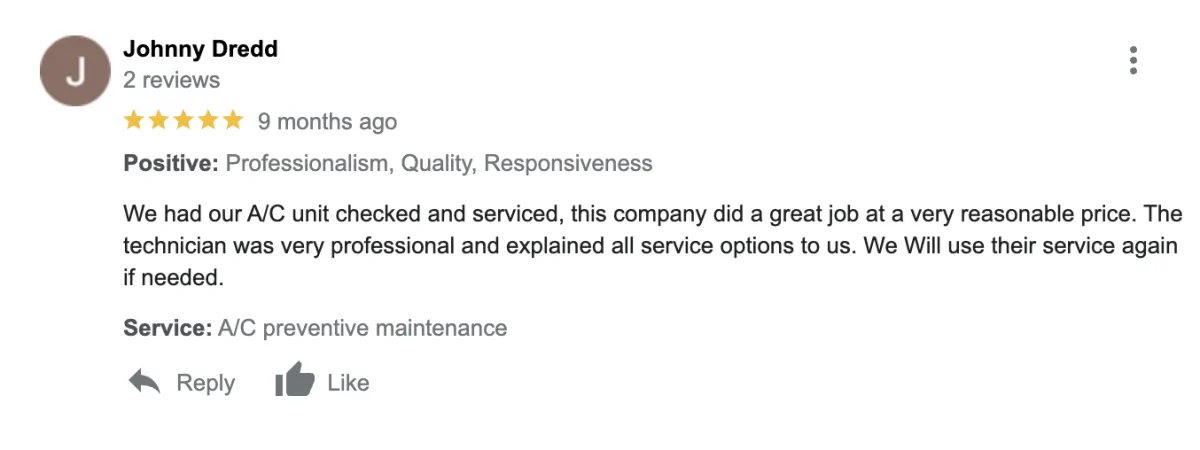HEX HVAC!
YOUR SO CAL
HEATING & AIR
CONDITIONING
eXperts
Specializing In Home Efficiency!
HEX HVAC!
YOUR SO CAL
Heating & Air Conditioning eXperts
Specializing In Home Efficiency!
Small Call to Action Headline
Schedule Service












HVAC SERVICES

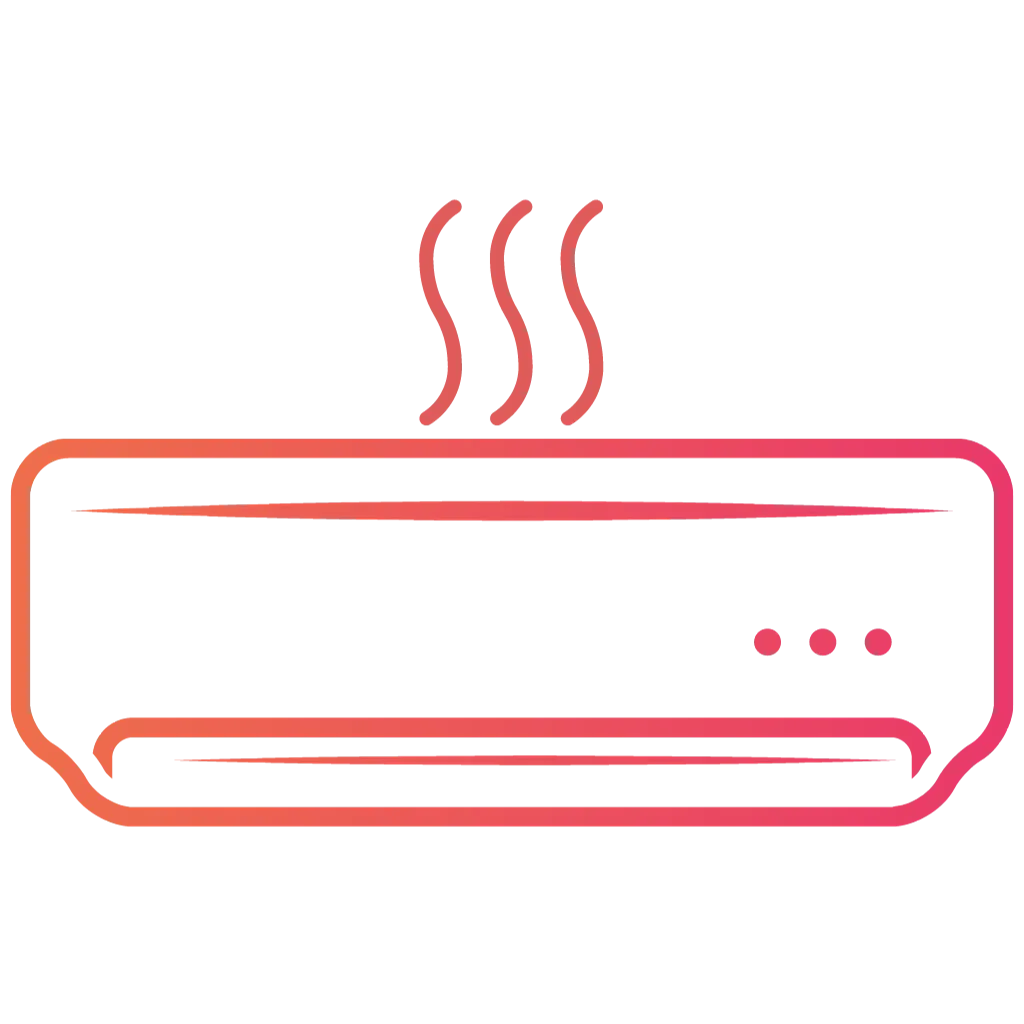
COOLING SERVICES
HEATING SERVICES


SERVICE AGREEMENT
COOLING SERVICES


DUCTWORK
AIR QUALITY
WHY Home Efficiency eXperts (HEX)?
Unmatched Expertise:
Our founder's mission was clear from the start: to become the foremost authority in the heating and cooling sector. This ambition drives every aspect of our business, from the services we offer to the continuous training of our team.
A Commitment to Authenticity and Reliability:
We recognize the importance of integrity in our work. HEX stands out by bridging the gaps left by others, focusing on genuine, dependable services. Our goal is to ensure you feel completely at ease and confident in the comfort of your own home.
Giving Back to Our Heroes:
Our respect and gratitude for veterans, teachers, and first responders run deep. It's why we're dedicated to supporting and acknowledging their sacrifices through our services and community initiatives.
Exceptional Service, Every Time:
HEX is synonymous with reliability.
Our technicians, boasting an average of over 10 years of experience in the industry, are not only experts in their field but are also pre-screened, drug tested, and receive ongoing professional training.
Advanced Technology for Accurate Solutions:
We invest in the latest industry tools and software, ensuring that we can diagnose your HVAC issues with unparalleled precision.
This commitment to technology means you can trust us to provide accurate, effective solutions tailored to your needs.
Empowering You:
We believe in transparency and simplicity.
Our approach is designed to empower you with easy-to-understand options, enabling you to make informed decisions about your HVAC needs with complete confidence.


















EXCEPTIONAL HEATING,
COOLING REPAIRS & INSTALLATION!
Upfront Pricing, Floor & Furniture
Protection & Excellent Customer Service!
OUR SERVICES
HAVC REPAIRS & INSTALLS
Experience
The HeXHVAC Difference:

What Our Clients Are Saying...
"The HeX HVAC team were wonderful, on time, neat, covered all my floors, furniture, not one speck of dust.."
OUR HAPPY CLIENTS!
HeX HVAC FAQ
Get Answers to Your Top Questions Here!
What services does HeX HVAC provide?
HeX HVAC provides heating, ventilation, and air conditioning solutions for both residential and commercial properties
How can HeX HVAC help improve the comfort of my home or business?
HeX HVAC can customize HVAC solutions to ensure optimal comfort, reliability, and peace of mind all year round
Are the technicians at HeX HVAC certified and experienced?
Yes, our technicians are highly trained, certified, and have years of experience in providing top-quality HVAC services
What sets HeX HVAC apart from other companies?
HeX HVAC goes above & beyond to understand your unique needs, delivering not just HVAC solutions but an experience that ensures your environment remains perfectly comfortable in every season
Can I cancel at anytime?
Yes, you can cancel anytime no questions are asked while you cancel but we would highly appreciate if you will give us some feedback.
What is 1 Hour Wait Time?
We promise to be at your residence within one hour or less of your scheduled apt. We don't have you waiting around all day. We'll be there on time!








